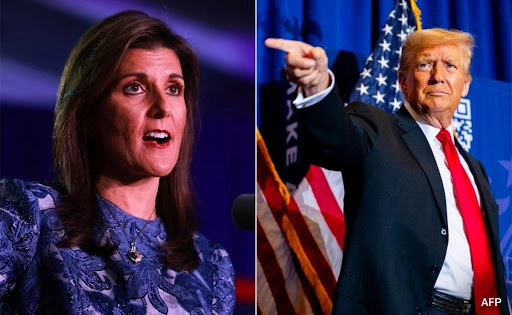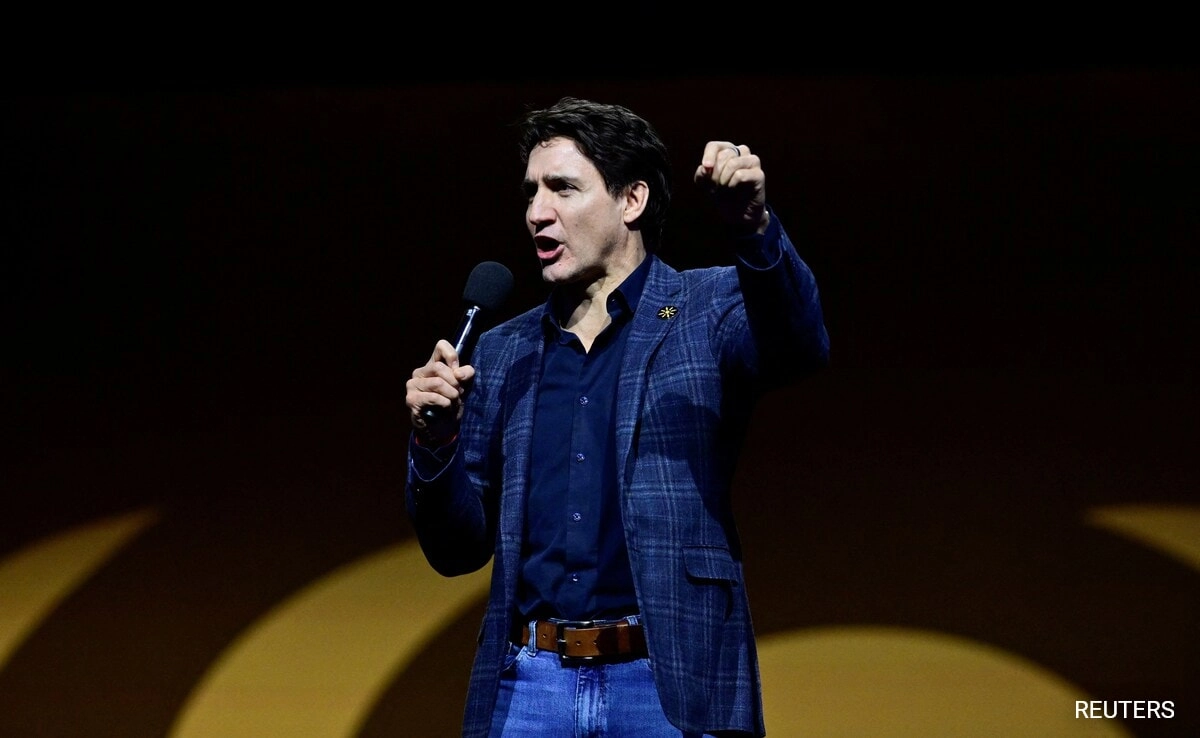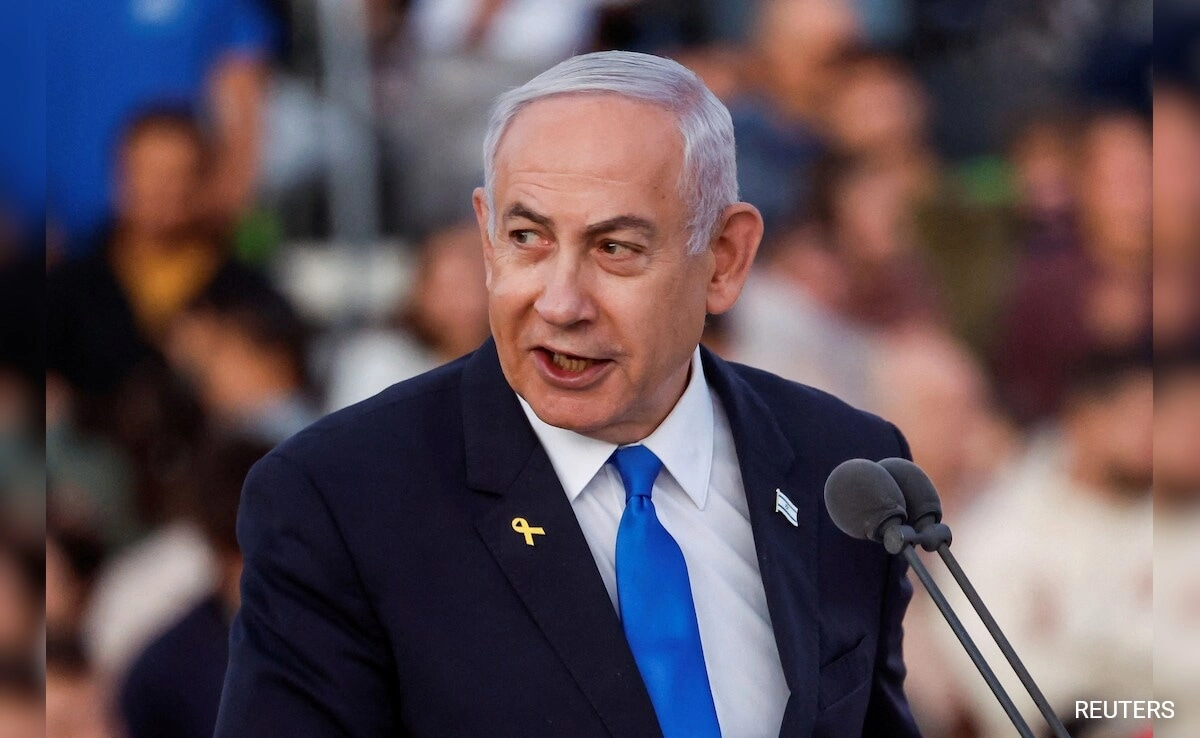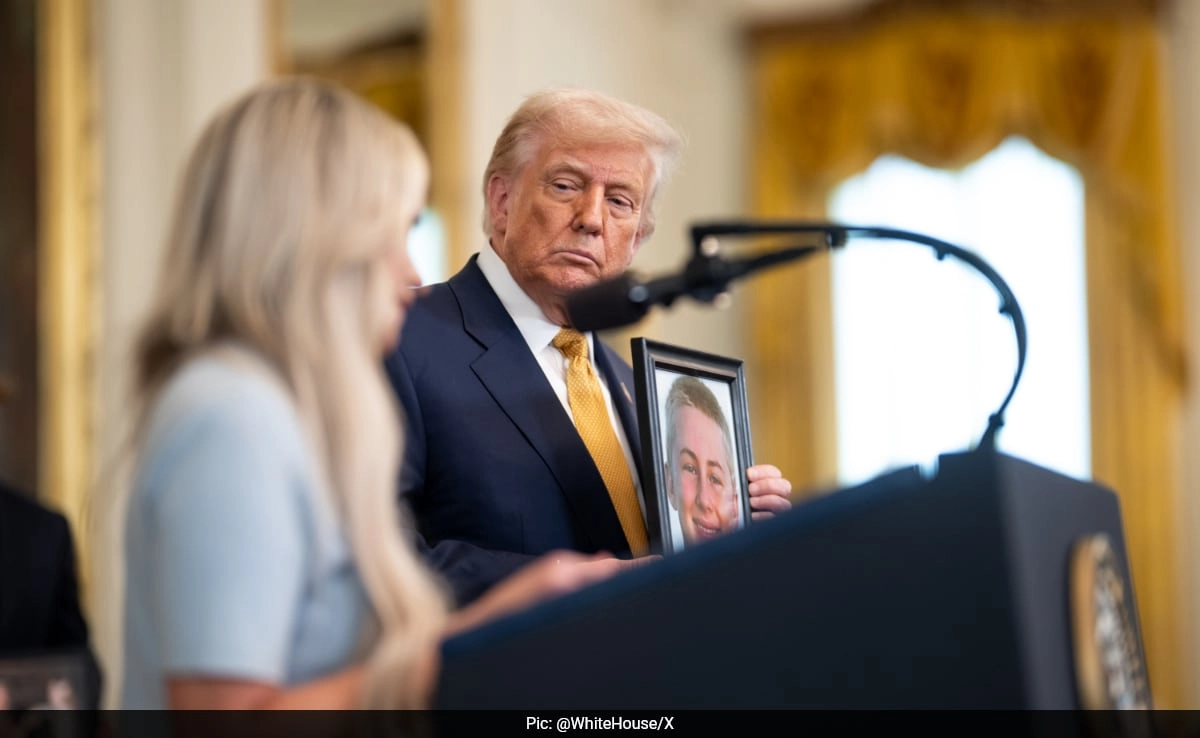In a recent statement, Nikki Haley, the former U.S. ambassador to the United Nations, emphasized the importance of distinguishing between India and China in the context of U.S. foreign trade policy. She cautioned former President Donald Trump against imposing tariffs on India, highlighting that the nation should not be viewed as an adversary like China. Haley’s remarks come amidst ongoing debates around trade policies that have significant implications for U.S.-India relations, especially in light of the strategic partnership that has developed between the two countries in recent years.
Haley’s warning underscores a critical point: India and China represent two vastly different geopolitical landscapes. While China has often been characterized as a strategic competitor to the United States, marked by its aggressive expansionist policies and military posturing in the South China Sea, India is positioned as a strategic ally. The U.S. has been increasingly looking toward India as a partner in counterbalancing China’s influence in the Indo-Pacific region. Haley’s insights reflect a broader consensus among many policymakers that fostering a strong relationship with India is essential not only for economic reasons but also for ensuring regional stability.
The potential for tariffs on India could jeopardize this fragile yet promising partnership. Trade is a significant aspect of the U.S.-India relationship, with both countries benefiting from increased economic cooperation. India has emerged as a key player in the global supply chain and a crucial market for American goods and services. Imposing tariffs could disrupt this flow and lead to retaliatory measures from India, which could ultimately harm U.S. businesses and consumers. Haley’s warning serves as a reminder of the consequences that hasty trade decisions can have on international relations and the importance of a nuanced approach to foreign trade policy.
As the U.S. navigates its relationship with both India and China, it is essential for leaders to carefully consider the long-term implications of their trade policies. Maintaining a constructive dialogue with India is critical for advancing mutual interests, including security, economic growth, and democratic values. Haley’s call for a differentiated approach between India and China highlights the necessity of strategic thinking in U.S. foreign policy, ensuring that the U.S. can effectively engage with its allies while managing its challenges with adversaries.




